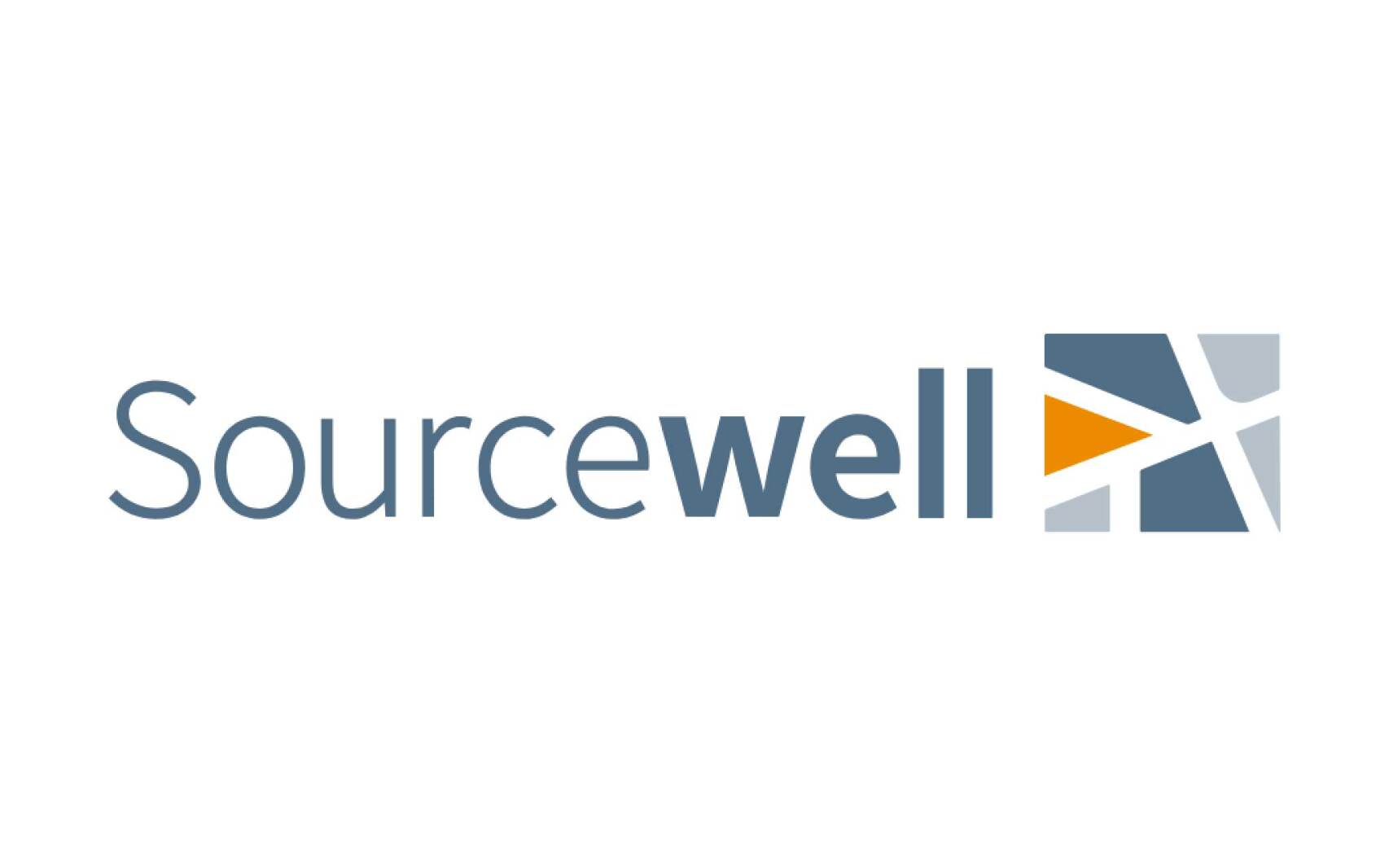
American capitalism has long been the backbone of the country’s economic system, known for its emphasis on free markets, competition, and individual entrepreneurship. However, as with any system, there are always aspects that may be cause for concern or criticism. In recent years, a number of disturbing new facts about American capitalism have come to light, shedding a light on some of its less favorable aspects. From income inequality and corporate greed to environmental degradation and unethical business practices, these revelations have sparked intense debates about the future of capitalism in the United States. In this article, we will delve into 19 of these disturbing facts, exploring their implications and potential solutions. Brace yourself for a thought-provoking journey into the underbelly of American capitalism.
Key Takeaways:
- American capitalism has serious issues like income inequality, corporate influence on politics, and exploitative labor practices. Addressing these problems is crucial for a fair and sustainable economic future.
- The influence of big tech, lack of investment in infrastructure, and high healthcare costs are also concerning aspects of American capitalism. Recognizing and addressing these issues is essential for a more equitable society.
Rising Income Inequality
The first disturbing fact about American capitalism is the alarming rise in income inequality. Over the past few decades, there has been a significant concentration of wealth among the top 1%, while the middle class and working-class families struggle to make ends meet. This growing disparity has led to socio-economic divisions, undermining the principles of equality and opportunity.
Corporate Influence on Politics
Another concerning aspect of American capitalism is the pervasive influence that corporations hold over politics. Large corporations and wealthy individuals are able to make substantial campaign contributions, shaping policies in favor of their own interests. This undue influence undermines the democratic process and leads to policies that primarily benefit the elite at the expense of the majority.
Exploitative Labor Practices
Many American corporations have come under scrutiny for their exploitative labor practices, including low wages, inadequate working conditions, and limited workers’ rights. This profit-driven approach disregards the well-being of employees and perpetuates a cycle of inequality and poverty.
Excessive CEO Pay
The enormous disparity between CEO pay and average worker wages is another disturbing fact of American capitalism. CEOs of major corporations earn exorbitant salaries and bonuses, often hundreds of times more than the typical worker in their company. This staggering pay gap highlights the unequal distribution of wealth in society.
Environmental Degradation
American capitalism has been associated with significant environmental degradation. The pursuit of profit often comes at the cost of environmental sustainability, with industries prioritizing short-term gains over long-term ecological health. This disregard for the environment poses risks not only to future generations but also to the planet as a whole.
Lack of Social Safety Nets
Unlike many other developed countries, the United States has a limited social safety net for its citizens. The lack of comprehensive healthcare, affordable housing, and other social support systems leaves vulnerable populations at risk and exacerbates the cycle of poverty and inequality.
Tax Avoidance by Corporations
Many large corporations exploit loopholes in the tax system to avoid paying their fair share of taxes. This not only hampers the government’s ability to fund essential public services but also deepens economic disparities by shifting the burden onto middle-income taxpayers.
Financialization of the Economy
The increasing dominance of the financial sector in the American economy is a cause for concern. Financial institutions and Wall Street have gained tremendous influence, often prioritizing short-term gains through speculative activities rather than long-term investments in productive industries.
Decline of Workers’ Rights
The erosion of workers’ rights is another disturbing trend in American capitalism. Unions have been weakened, making it more challenging for workers to negotiate fair wages, benefits, and working conditions. This imbalance of power further contributes to income inequality and job insecurity.
Lack of Affordable Education
The soaring cost of education in the United States creates barriers to upward mobility and perpetuates inequality. Many students are burdened with excessive student loans, limiting their opportunities and hindering social and economic progress.
Systemic Racism
American capitalism has deep-rooted issues of systemic racism that continue to exacerbate disparities. Minority communities face unequal access to resources, job opportunities, and fair treatment in various sectors of the economy, further reinforcing existing social and economic divides.
Influential Lobbying Groups
Influential lobbying groups, representing the interests of powerful corporations and wealthy individuals, exert significant influence over legislation and policy-making. This undermines the fairness and integrity of the political system, favoring those with the means to buy influence.
Job Insecurity
The rise of precarious employment and gig economy jobs has created a sense of job insecurity for many American workers. Without stable income, benefits, and protections, individuals are left vulnerable to economic shocks and have limited access to social safety nets.
Monopolistic Practices
Some large corporations engage in monopolistic practices, stifling competition and limiting consumer choice. This consolidation of power not only harms small businesses but also negatively impacts consumers through higher prices and reduced innovation.
Growing Student Loan Debt
The burden of student loan debt has reached staggering levels, with many young Americans struggling to repay their loans for years. This significant financial strain hampers economic growth and restricts opportunities for young adults.
High Healthcare Costs
American capitalism has led to excessively high healthcare costs, making affordable access to quality healthcare a privilege rather than a right. This issue contributes to financial hardships for individuals and families and creates barriers to equitable healthcare outcomes.
Wealthy Tax Breaks
There is a discrepancy in the tax system that benefits the wealthy through various tax breaks and loopholes. This further widens the wealth gap and perpetuates a system where the rich can accumulate more wealth while the middle class struggles to make ends meet.
Lack of Investment in Infrastructure
America’s infrastructure is in urgent need of investment and modernization. However, the prioritization of short-term profit often hampers investment in essential infrastructure projects. This neglect negatively impacts the economy and limits opportunities for growth and innovation.
Influence of Big Tech
The influence of big technology companies on the economy and society raises concerns about monopolistic power, data privacy, and ethical implications. The concentration of power in the hands of a few tech giants threatens competition, innovation, and democratic values.
Conclusion
After uncovering these 19 disturbing new facts about American capitalism, it is evident that the system is in dire need of reform. The concentration of wealth, income inequality, and the exploitation of workers are just a few issues that highlight the flaws within our current economic structure. It is crucial to address these concerns and work towards a more equitable society that promotes social mobility, fair distribution of resources, and ethical business practices. By acknowledging these challenges and taking proactive measures, we can strive for a capitalism that benefits all members of society, rather than just a select few.
FAQs
Q: Is American capitalism inherently bad?
A: American capitalism, like any economic system, has its flaws. The issues lie in the concentration of wealth, income inequality, and unethical business practices, rather than the system itself. With proper regulation and reform, American capitalism has the potential to be a force for good.
Q: What is the role of government in addressing the problems of American capitalism?
A: The government plays a crucial role in regulating and overseeing capitalist systems, ensuring fair competition, protecting consumer rights, and preventing monopolies. It also has the power to implement policies that promote wealth redistribution, social safety nets, and fair wages.
Q: Can capitalism coexist with social and environmental sustainability?
A: Yes, capitalism can coexist with social and environmental sustainability. By incorporating ethical business practices, promoting corporate social responsibility, and embracing sustainable development, we can create a capitalist system that addresses both economic and social-environmental concerns.
Q: Can capitalism alleviate poverty?
A: Capitalism has the potential to alleviate poverty through the creation of job opportunities, wealth generation, and economic growth. However, it is essential to ensure that the benefits of capitalism are widely distributed, and appropriate social safety nets are in place to support those who are unable to participate fully in the system.
Q: How can individuals make a difference in challenging the negative aspects of American capitalism?
A: Individuals can make a difference by supporting ethical businesses, advocating for fair labor practices, championing wealth redistribution, and actively participating in the political process to push for reforms that address the shortcomings of American capitalism.
Was this page helpful?
Our commitment to delivering trustworthy and engaging content is at the heart of what we do. Each fact on our site is contributed by real users like you, bringing a wealth of diverse insights and information. To ensure the highest standards of accuracy and reliability, our dedicated editors meticulously review each submission. This process guarantees that the facts we share are not only fascinating but also credible. Trust in our commitment to quality and authenticity as you explore and learn with us.


